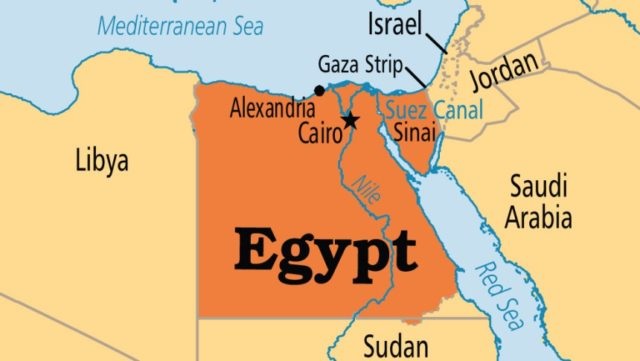By THE INDEPENDENT UG
CAIRO | Xinhua | A new multibillion-dollar coastal development deal between Egypt and the United Arab Emirates (UAE) is expected to alleviate Egypt’s economic challenges and address its financing gap, according to Egyptian economists.
The groundbreaking deal, reached on Friday between the two Arab countries, aims to construct a new city on Egypt’s northern coast to enhance tourism, investment, and foreign currency reserves.
In this agreement, the UAE commits to injecting 35 billion U.S. dollars in foreign direct investment into Egypt over the next two months, with the total investment expected to reach 150 billion dollars throughout the project.
Prime Minister Mostafa Madbouly highlighted the significance of this deal, stating, “This is the largest amount of FDI in the history of the country,” emphasizing that the immediate payment will assist in overcoming the current hard currency challenges.
The agreement focuses on developing Ras Al-Hekma, a 170-square-km area west of Egypt’s Mediterranean city of Alexandria, into a massive urban, business, and tourism center. The Abu Dhabi-based sovereign fund ADQ, contributing 24 billion dollars, secured the rights to develop Ras Al-Hekma. Additionally, ADQ will convert 11 billion of its deposits into investments in other projects across Egypt to support economic growth.
Waleed Gaballah, a member of the Egyptian Association for Political Economy, Statistics, and Legislation, expressed that this deal is a breakthrough for Cairo in attracting foreign direct investment, aiming to address the country’s foreign exchange crisis caused by decreased tourism revenues, the impact of the Russia-Ukraine conflict, and a recent decline in the Suez Canal’s income.
Abu Bakr al-Deeb, an advisor to the Arab Center for Research and Studies, noted that this deal is expected to inject substantial liquidity into Egypt, assisting in bridging its financing gap. Egypt has been employing various measures, such as selling stakes of state-owned assets and entering loan programs, to close its estimated 17 billion dollar financing gap by 2026.
Under the UAE deal, Egypt will also receive 35 percent of the project’s revenues, according to Madbouly, who anticipates the project attracting eight million tourists and creating numerous job opportunities.
The deal is seen as significant not only for its economic impact but also for its potential to encourage further foreign direct investment and reduce pressure on Egypt to secure dollars. Egypt’s dollar-denominated sovereign bonds rose after the signing, reaching their highest level in a year.
Karim Adel, head of the Al Adl Center for Economic and Strategic Studies, emphasized Egypt’s potential as an emerging stable market capable of attracting foreign investments. However, he highlighted the importance of stabilizing the currency value against the U.S. dollar to instill confidence in investors.
The announcement of the deal had an immediate effect on the black market exchange rate, with the value of one dollar dropping from 63 pounds on Friday morning to 47 pounds on Sunday, compared to the official exchange rate of 30.8 pounds.







Discussion about this post